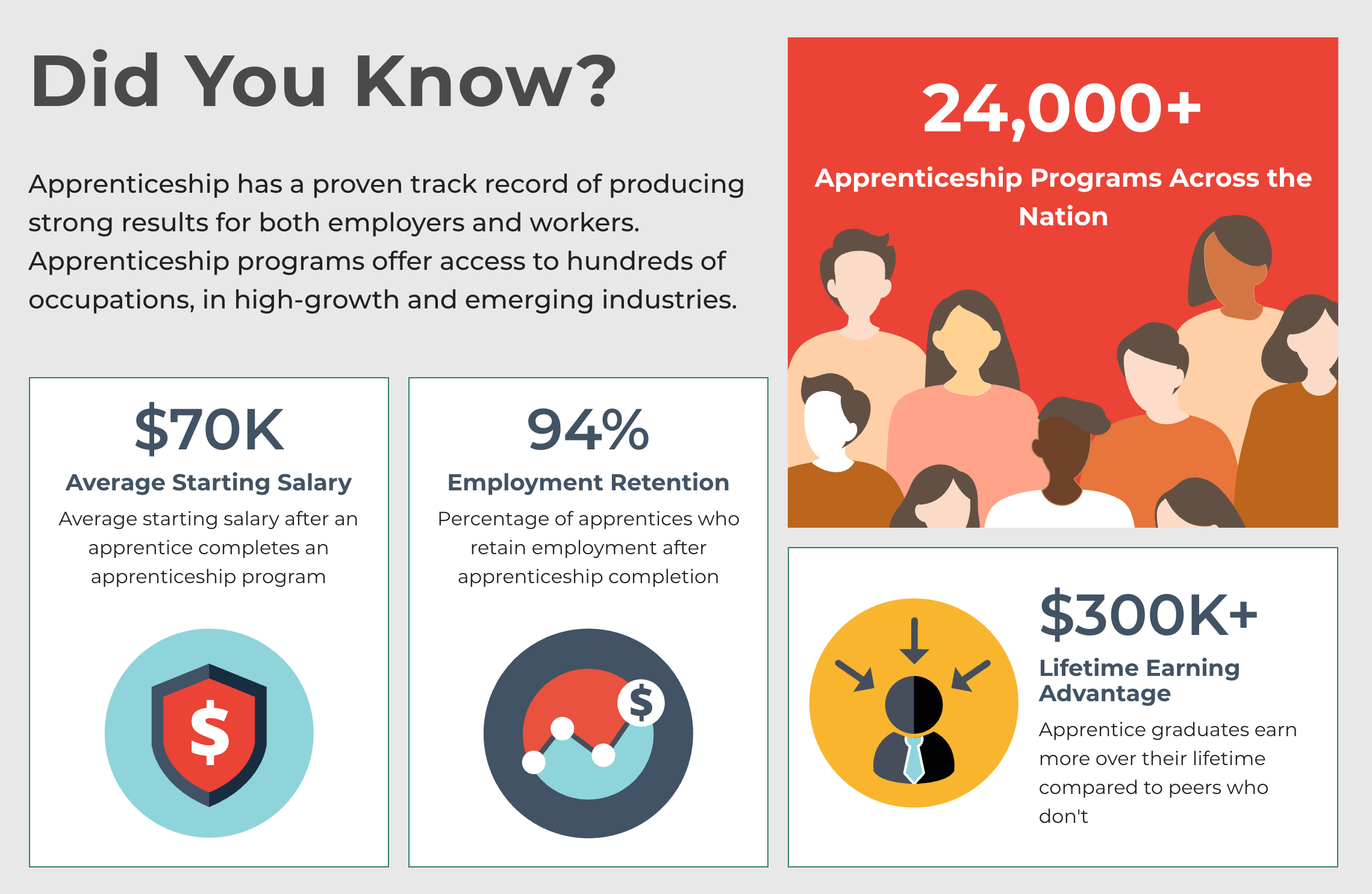Disclaimer: This article does not intend to exhaustively look at all of the reasons behind racism, mass shootings, and disrespect towards authority but merely make some observations and draw a potential conclusion.
Worldview
We need to understand each other’s view of the world to communicate effectively. A worldview is how someone views and understands the world. A part of my worldview says any evil in this world is a result of sin, known as the depravity of man. Man is born depraved and tends towards sin. The only way depraved humans can do good is through the common grace provided by God.
The depravity of man isn’t something new, so why do we see a rise in racism, mass shootings, and overall disrespect for authority?
U.S. has the world’s highest rate of children living in single-parent households
As of 2019, almost one out of every four kids in the United States live in a single-parent household. Let that sink in for a minute. I have four children of my own who are blessed to be in a family where their mother and I are together and committed to each other and raising our children to fear God and love others. That suggests that one of my children is outside the statistic. Raising children can be very challenging and exposes our selfishness. This world is not a kind and nurturing place, but one in which men and women are self-seeking and will do whatever it takes to climb on top of each other. For example, climbing the “corporate ladder” is the “American Dream,” whatever the cost. We want to be on top, king of the hill. We live in one of the wealthiest countries during one of the most prosperous times (despite the COVID lockdown). At what expense have we reached this economic success?
Please bear with me as we walk this out. Is economic success in and of itself a bad thing? No. Like many other things, money can be used for good. However, as we see time and time again anything that can be used for good, people will also use it for evil (depravity of man). For example, the “like” button on Facebook was designed to spread positivity about a particular image or post that users might share with their friends or even the world. The result was the opposite of its intention. (https://www.thesocialdilemma.com/) Teenage suicide rates increased, and people became depressed when they didn’t get enough likes. Just like money, the pursuit of more “likes” led to less satisfaction and fostered feelings of worthlessness. The invention of phones, emails, and then text messages were services created to improve communication and connect people. Even though these results were partially achieved, they also introduced telemarketing, spam, and new sources of fraud.
These are seemingly silly examples, but I hope you see my point that even when people intend something for good, we are still prone to use it for evil, including diversity, guns, knives, authority, etc. The place where children should be learning right from wrong is in the home. But with one of every four kids growing up in a single-parent home, the opportunity for learning these valuable lessons of life diminishes. There are many reasons why a single parent may be raising their children alone, but these reasons don’t change the difficulty. We must offer grace and support to these families within our peer groups. The community can be a great support to come alongside single-parent families.
Purpose of Parenting
When a baby is born, they are dependent on their parents for everything. As they mature, parenting aims to raise independent children capable of functioning in collaboration with others in the world. A parent’s role is to teach their child the discipline of discerning right from wrong, critical thinking, making decisions on their own, and understanding how their choices affect them and those around them. Your marriage relationship should model for the children how two people committed to each other for better or worse can work through their differences and demonstrate love and respect towards each other. A mother should show how to respect the father’s leadership and authority as he leads the family. A father needs to lead his family with firmness, fairness, humility, and love as he provides and cares for his family. We, as parents, are responsible for rewarding hard work and disciplining for disobedience and disrespect towards authority.
Differences in Parenting
There are typically two parenting styles seen whether a child grows up in a single-parent or two-parent home. The first is the overbearing, angry, and sadly abusive parent. A child in this environment will be susceptible to depression and anger of their own, constantly feeling like a failure. Growing up under this type of parenting often leads to the second type, passive and deflecting. For fear of being overbearing, mean, or damaging to a child’s emotions, a passive parent deflects a child instead of telling them “no,” or they make excuses for their child’s bad behavior instead of providing discipline in line with the disobedience. When faced with the realities of this world, the child who grew up in a passive home doesn’t know how to respond when they are told they aren’t allowed to do something or fail to understand the consequences of disrespecting authority.
When a man or woman goes into the military, they undergo intense training to prepare them for the battle they will face. They don’t understand the seriousness of the battle they’ve never experienced. However, the instructors in authority over them know how to prepare these cadets for the fight ahead. The cadet must learn to trust and obey their instructor, who is the authority over them because their life depends on it. If an instructor during a live-fire training session or battle gave an order to drop to the ground and a cadet didn’t feel like obeying or asked if they could talk about their feelings, what would the result be? The result would be severe injury or death, not only to them but potentially their team. The instructor has the experience to train the cadet for the battle ahead, just like as a parent, we are preparing our children for the life they face ahead of them.
While not every decision we face in life is a matter of life or death, the ability to think critically and respect authority is crucial to the function of society. Children who have not been told no or taught to obey authority will end up being the children who lose their job because they can’t follow their boss’ order or, worse, injured or killed because they ignore a police officer’s command. Authority comes with the responsibility to be humble and trustworthy. Unfortunately, we have seen too many examples in recent months of either abuse of power or incompetent leadership. Just because you disagree with a leader doesn’t necessarily mean they are incompetent. A competent leader will be respected and trusted regardless of whether those under their authority agree with them.
We must find the balance between holding our children accountable for their disobedience, teaching them to respect authority, and empowering them to learn and grow under our care.
Individual Responsibility
It might sound like I’m making an excuse for a person’s behavior based on how their parents raised them, but make no mistake, every person is responsible for the consequences of their choices. These consequences include how you treat someone of a different race, how you handle the right to own a gun, and how you respond to those in authority over you.
Racism doesn’t exist because there are different skin colors, languages, or ethnicities. Violence doesn’t exist because there are guns, and disrespect doesn’t exist because there’s authority. All of these exist because the hearts of men and women are by nature evil. To deny that is to deny a possibility of a solution.
The issues we face today of racism, violence from the use of a gun, and disrespect for authority are not issues that legislation can solve. No amount of legislation can change the hearts of men.
Parents, don’t be absent from your child’s life. Be intentional about modeling discipline, good decision-making, and respecting authority. The children you teach today are your leaders tomorrow.








